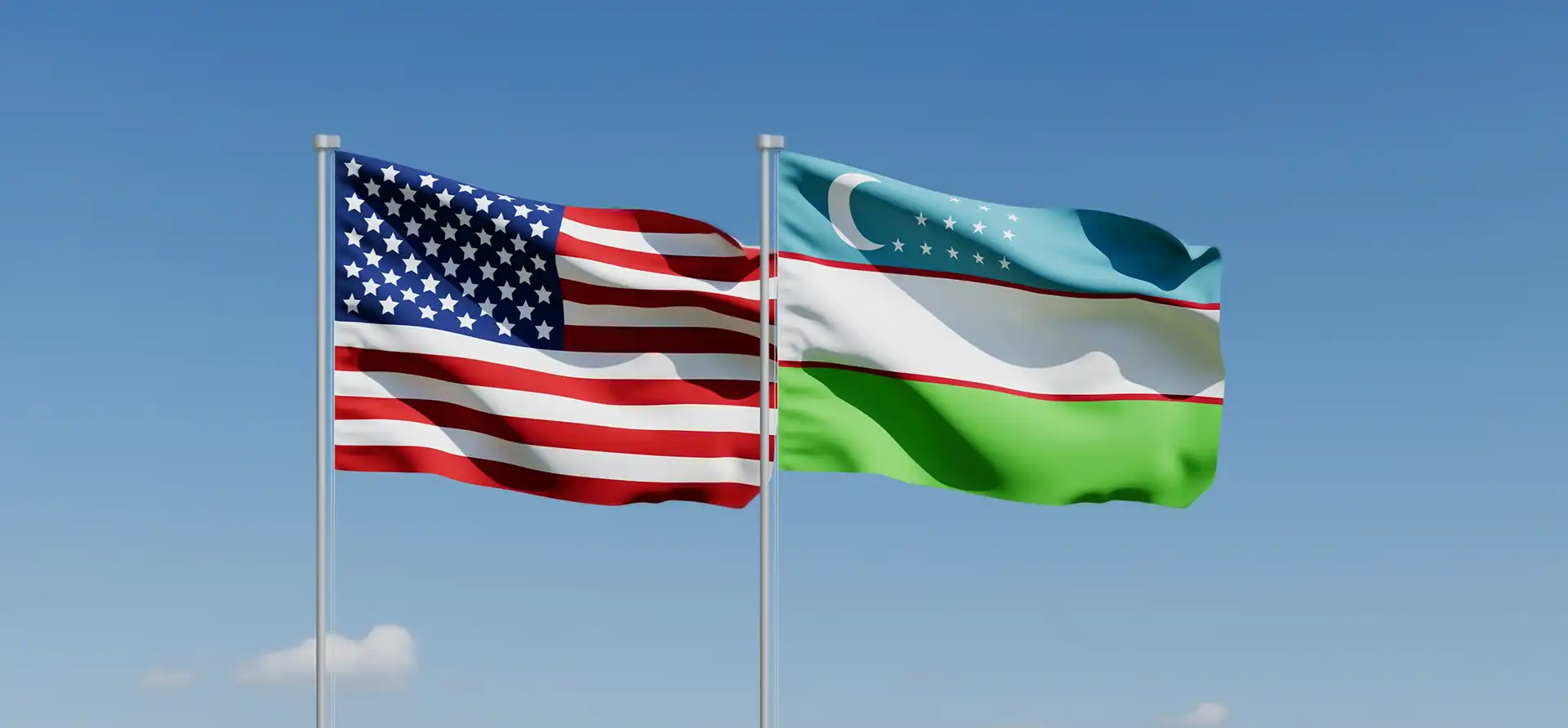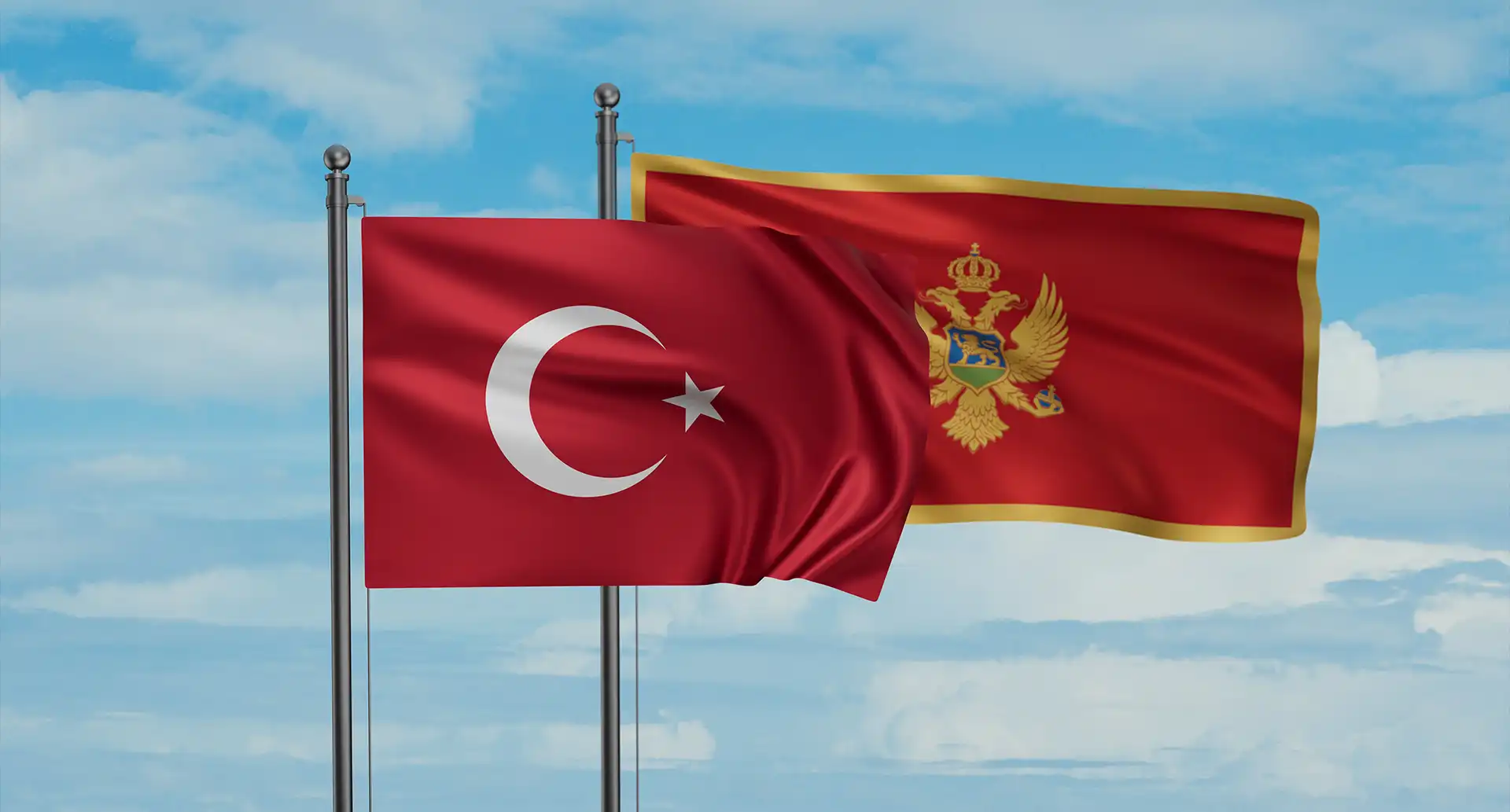

Palau
Palau passport ranking
The Palauan passport is currently ranked 46th place on the Guide Passport Index. It provides visa-free access to 121 countries. This grants it an overall medium mobility score. Palauan passport holders have visa-free access and visas on arrival to countries such as Singapore, the United Kingdom, United States and the entire European Union. However, Palauan citizens require a visa to enter about 109 destinations. Some countries where a visa is required are China, Japan and Ukraine.
Palau Passport Ranking
The Palau passport ranking relative to other global passports is calculated by adding up the number of countries that allow Palau passport holders to enter without a visa (i.e. visa-free countries) and those that allow Palau passport holders to enter by obtaining a visa on arrival (i.e. visa-on-arrival countries) or an electronic travel authorization (eTA). There are currently a total of 83 Palau passport visa-free countries, 32 Palau visa-on-arrival countries, and 5 eTA destinations.
Altogether, Palau passport holders can enter a total of 121 destinations—either without a visa, through a visa on arrival, or via an eTA. As a result, the Palau passport ranks 46 in the world.
Separate from these Palau visa-free countries and visa-on-arrival countries, there are 109 additional destinations which Palau passport holders either need a physical visa to enter or an eVisa (i.e. visa required countries).
About Palau
The Island Republic of Palau consists of 340 islands and is divided into 16 regions. The most important Regions are Koror, Airai and Peleliu. It is located in Oceania in the Pacific Ocean, southeast of the Philippines. Palauan geography and terrain is varying from low lying coral atolls and extensive reefs to high mountains. Its climate is tropical hot and humid with a rainy season from May to November. The overall area of the islands is 459 square kilometers making it the 4th smallest country in Oceania.
The overall population is approximately 18,233 people. The capital of the country is Ngerulmud. The most populous city however is Koror City with approximately 14,000 inhabitants. Other important cities are Ulimang and Angaur. The country’s largest international airport is Roman Tmetuchl International Airport (ROR). The airport is named after politician Roman Tmetuchl. The airport provides access to local as well as to international destinations.
The highest percentage religion in the country is the Christianity. The official languages are Palauan and English. The Palauan legal system is a mix between the civil, common and customary law. The government form is a presidential republic. The chief of state and head of government is the elected President Surangel Whipps Jr. The Presidential elections are held every 4 years.
The official currency is the United States Dollar (USD). The country has an open economy, generating a GDP of approximately $300 million, making it the 5th lowest GDP in Oceania. Its citizens have a per capita income of $16,296. The GDP is mostly made up of the services and industry sector. The economy is dominated by tourism and the fishing industry. Foreign aid is being provided by the United States government. Currently the main good of exports of the country are fish, oil, machinery, coconuts, cassava and chestnuts. The main exports partners are the United States, Mexico and Japan.
The Republic of Palau is a growing tourism destination. It has a variety of beautiful untouched natural reserves and reefs. It is known for its vast beaches, fishing, surfing and diving. It has one UNESCO world heritage site. Some of the major destinations include the capital Ngerulmud, the Jellyfish lake, the Rock Islands, Meyuns, Clear Lake and Melekeok. The island nation has a total of approximately 106,000 tourists visiting every year with the majority originating from New Zealand, Australia and other neighboring countries.




























